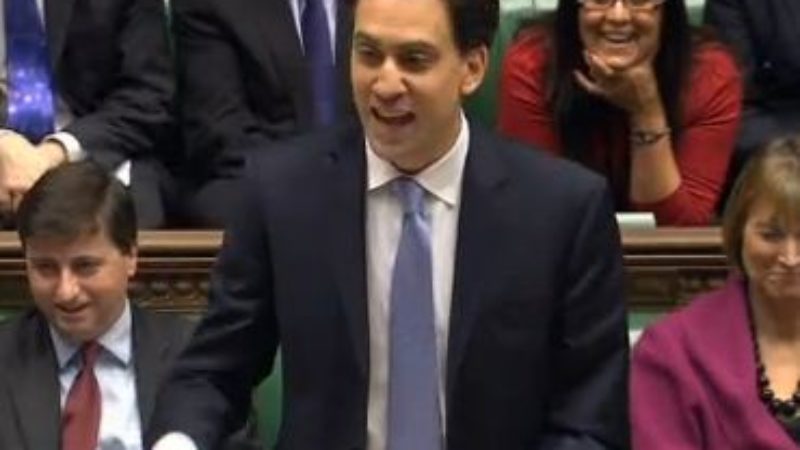
When I’m not canvassing I’m an armchair general of the worst kind: sitting in the Fabian Society (or my kitchen) I’m living, breathing, tweeting politics incessantly. My office and home alike is replete with excel print outs and hand made graphs. No foreign election is too obscure, no statistic too random, no historical analogy too oblique for me to over-interpret, extrapolate and strategise and pontificate upon.
Which is why pouring over the data of last night’s Council elections (and with not a little trepidation about what I expect to see in London tonight) I’ll beg your indulgence to over-interpret away.
First though, here’s what last night’s results do NOT tell us about 2015:
- It looks like turn out was disproportionately Conservative in London with many loyal Labour general election voters staying at home;
- At the same time, turn out was disproportionately Labour in the rest of England, with many loyal Tory general election voters staying at home;
- As a result, Labour’s 39% national projected share of the vote is almost certainly higher then it’s likely to be in a general election (and Osborne’s Budget-of-Death surely can’t continue for another three years). Simply put, the twists and turns of this confusing turn out picture are too many and varied to allow for much 2015 prophesying.
But that’s not to say the elections themselves have no political significance. They have quite a lot in fact. For starters:
- Ed’s escaped what was otherwise likely to be a pretty rotten summer of ‘plotting without purpose’ had Labour done badly.
- That delight is now Dave’s as his Right flank serves its dish of revenge cold and in many courses throughout the summer (bon appetite, Prime Minister).
- UKIP’s rise is coming overwhelmingly at a cost to the Tories and has the potential to be a serious long-term strategic threat to Tory MPs in marginal constituencies.
- The Liberal Democrats look set to manage a projected 16% nationally, well above their current poll rating but low enough to cost them masses of Councillors and probably a third of their MPs in a general election.
- For Labour, there are significant campaign lessons to be learned about whether voter ID on steroids + high class, big money leafleting really is the way to drive up turnout (answer: not without an attractive top-of-ticket that trumps the opposition).
- The host of new Labour Councillors (especially in the East, South and Midlands) offer a great rallying point for volunteer recruitment and party building.
In terms of what is within our power to control it’s this last point that is the great long term potential impact for Labour (well, that or making sure UKIP gets into the 2015 TV debates on the hope of Farage-mania). If for once Labour can properly support, train and develop our Councillor army on a mass basis and use it as the vanguard of a much bigger party, grounded properly in local communities that listens rather then just leaflets then some real long-term political good will have come of yesterday.
But beyond organising, the Ken/Boris face-off shows that in our increasingly personalised and presidential politics much rests on Ed Miliband’s ability to master David Cameron. That’s why his elevation of the Hunt matter into a contest of him versus Cameron is spot on. Bolstering his strong leader numbers and taking down Cameron’s trust and competence scores continues to hold the key for Ed. That job is still up to him, but it’s made a lot easier by the legions of new troops to spread his message that his victories yesterday provide.
Marcus Roberts is the Deputy General Secretary of the Fabian Society. He writes in a personal capacity.




More from LabourList
SPONSORED: ‘Industrial hemp and the challenge of turning Labour’s priorities into practice’
‘A day is a long time in politics, so we need ‘action this day’’
Strong support for child social media ban among Labour members, poll reveals